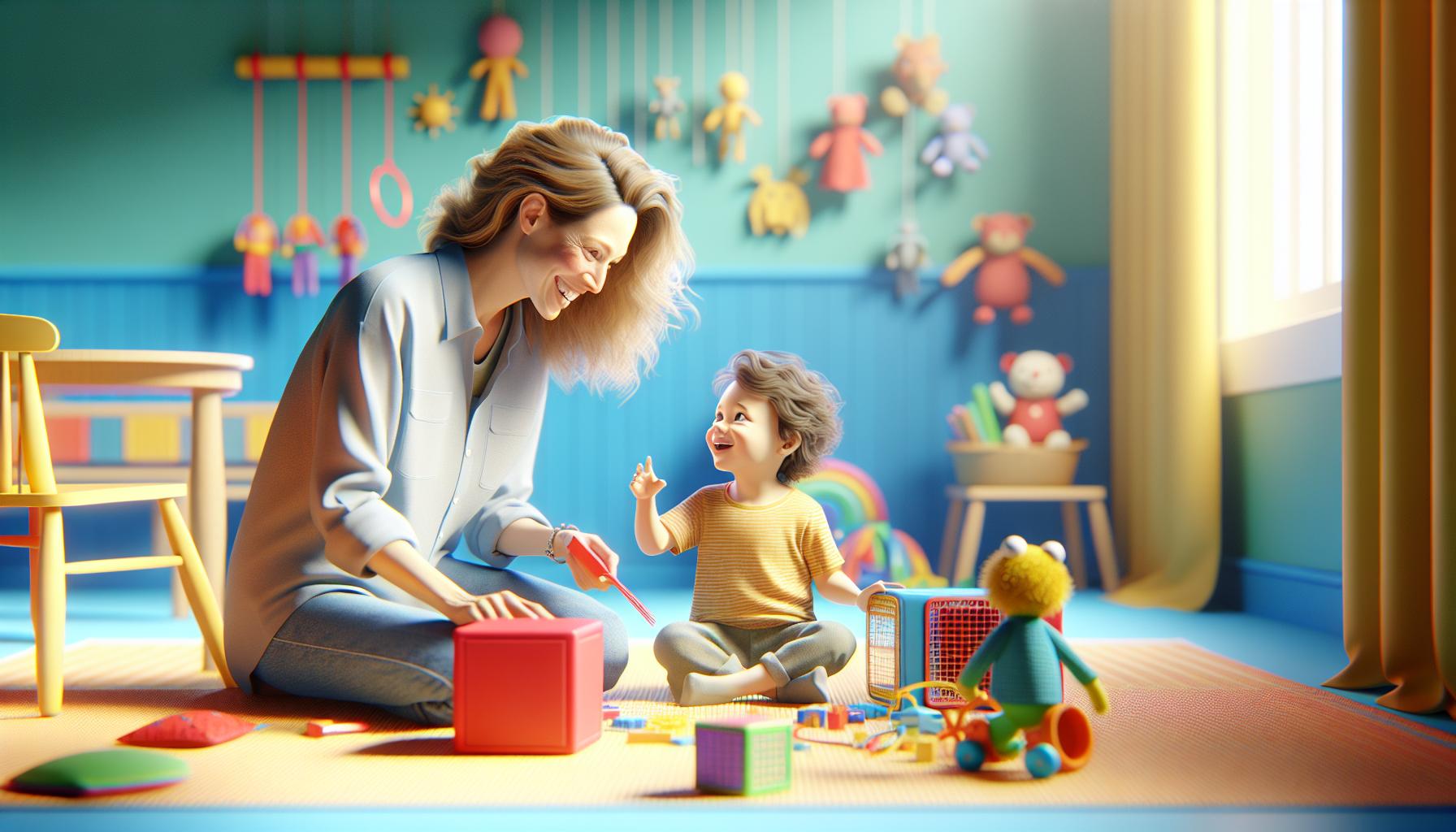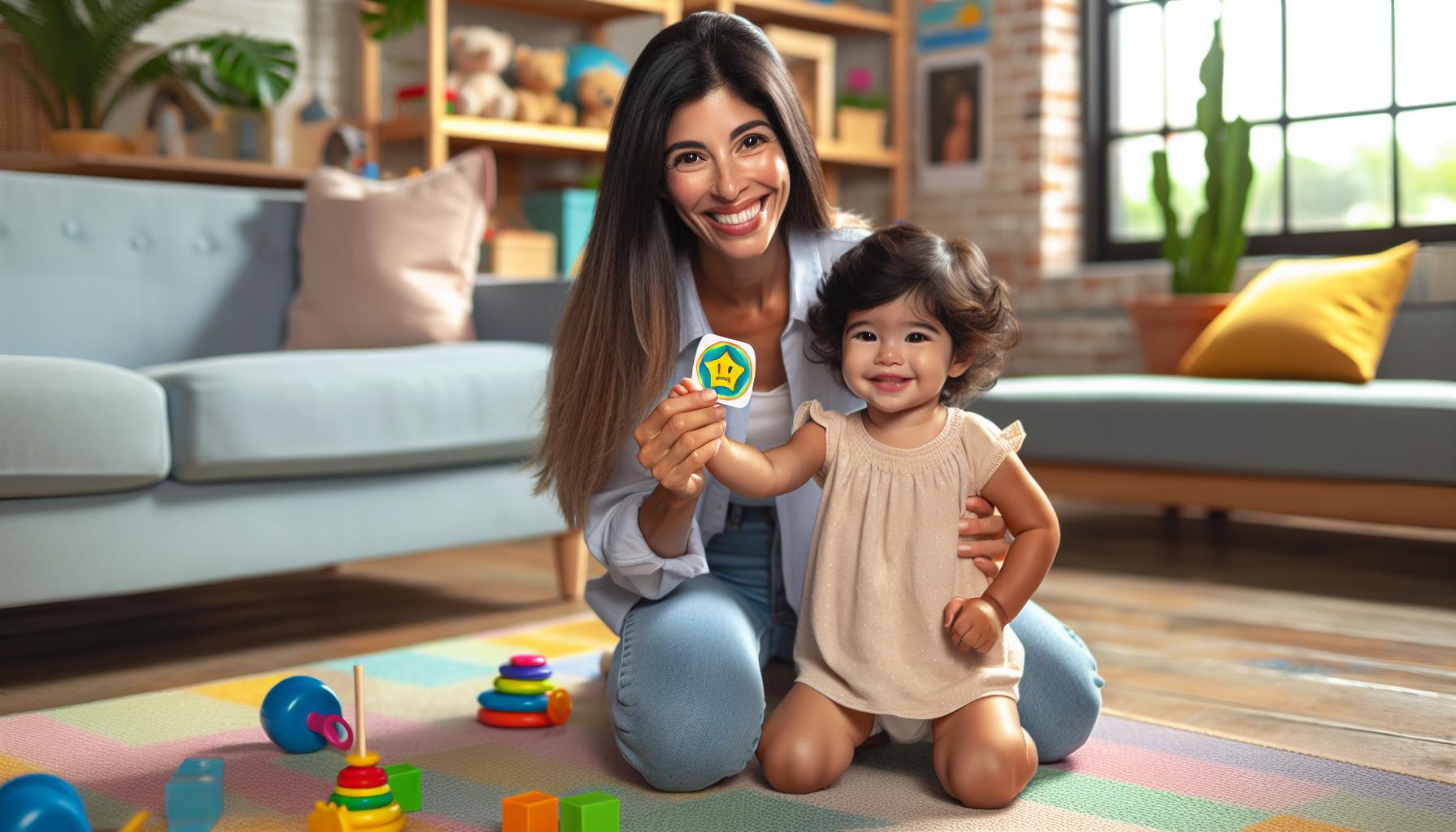Phone:
(701)814-6992
Physical address:
6296 Donnelly Plaza
Ratkeville, Bahamas.

Navigating the world of toddler parenting can feel like a wild ride. One moment, you’re basking in the joy of their first steps, and the next, you’re dealing with a full-blown tantrum over a snack choice. It’s a phase filled with challenges and triumphs, and I know firsthand how overwhelming it can be.
But don’t worry—I’ve gathered some practical tips that can make this journey a bit smoother. From effective communication strategies to setting boundaries, these insights can help you foster a nurturing environment while also maintaining your sanity. Let’s dive into the essential tips that can transform your toddler parenting experience into a more enjoyable adventure.
Understanding toddler development offers insight into their behaviors, emotions, and needs. Each stage of growth presents unique milestones and traits that shape our parenting approach.
During the toddler years, children reach significant developmental milestones. Common milestones include:
Tracking these milestones helps promote healthy development and identify areas where additional support may be needed.
Recognizing common behavioral traits in toddlers aids effective parenting. Typical traits include:
Awareness of these traits helps navigate challenges and supports a nurturing atmosphere for growth.

Effective communication fosters a strong bond between me and my toddler while promoting understanding. I prioritize clear, age-appropriate methods to convey messages and establish a nurturing environment.
Engaging my toddler involves using simple language and visuals. I make eye contact to show that I’m attentive. I often incorporate play into conversations—using toys or puppets makes interactions fun and meaningful. I ask open-ended questions that encourage my toddler to express thoughts, such as “What color is this?” or “How do you feel about that?” Allowing them to choose topics or activities enhances their interest and participation in our dialogues.
Active listening strengthens my connection with my toddler. I respond with enthusiasm and affirmation when they speak, making them feel valued. I mirror their feelings, saying things like, “It sounds like you’re upset.” I minimize distractions, giving my full attention during conversations. I also repeat or clarify their statements to ensure understanding—if they say, “I want the red block,” I might respond, “You want the red block to play with?” Encouraging my toddler to elaborate promotes deeper communication and emotional security.

Creating a safe environment is crucial for toddler development. Parents can minimize hazards by implementing specific strategies to ensure safety while fostering exploration.
Childproofing keeps your toddler safe from potential dangers. Follow these steps:
Each measure contributes to a safer home environment and reduces risks associated with toddler exploration.
Designing playful spaces encourages safe exploration and cognitive development. Incorporate these elements:
Developing these playful spaces fosters creativity while maintaining safety as a priority.

Discipline and guidance play crucial roles in toddler parenting. Establishing a nurturing environment hinges on using effective techniques to shape behavior and provide clear expectations.
Positive reinforcement techniques encourage desired behaviors by rewarding toddlers for appropriate actions. Examples include:
These methods motivate toddlers, reinforcing positive behaviors and building self-esteem.
Consistent boundaries create a sense of security for toddlers. Clear and predictable limits help children understand acceptable behavior. Important practices include:
Maintaining consistent boundaries establishes trust and safety, allowing toddlers to explore while feeling secure.
Fostering independence in toddlers enhances their self-esteem and builds essential life skills. Implementing specific strategies can support their independence while ensuring a nurturing environment.
Encouraging self-help skills boosts toddlers’ confidence and fosters independence. I can start by introducing simple tasks like dressing themselves or feeding themselves. Providing age-appropriate utensils and clothing with easy fasteners promotes successful attempts. Gradual guidance and patience help toddlers take ownership of these skills. Offering praise reinforces their efforts, making them more likely to try new tasks.
Allowing choice and autonomy cultivates decision-making skills and a sense of control in toddlers. I can present simple options, such as choosing between two snacks or picking out their clothes. This encourages them to express preferences while practicing decision-making. Supporting their choices fosters independence while ensuring they feel valued, reinforcing their ability to make decisions confidently.
Embracing the journey of toddler parenting can be both challenging and rewarding. By understanding developmental milestones and effective communication strategies, I can create a nurturing environment that supports my child’s growth.
Establishing clear boundaries while fostering independence helps cultivate self-esteem and essential life skills. I’ve learned that patience and consistency are key in navigating tantrums and behavioral traits.
Ultimately, every moment spent engaging with my toddler is an opportunity for connection and learning. With these tips in mind, I feel more equipped to enjoy this precious stage of life.